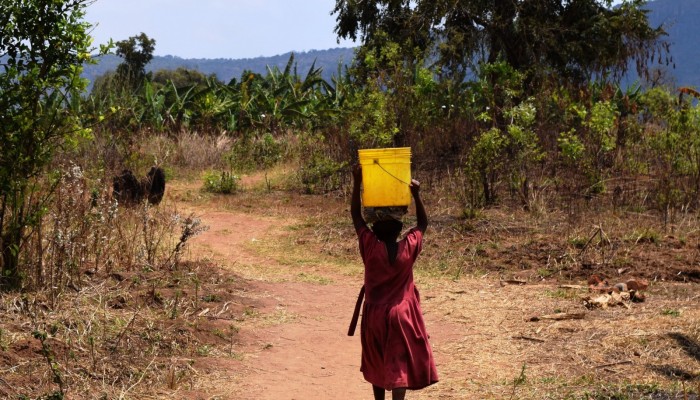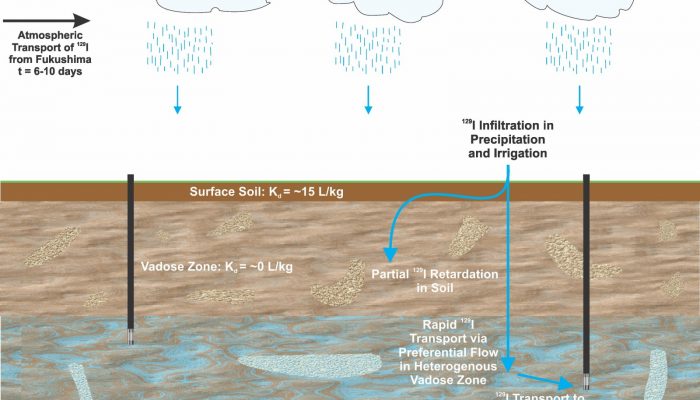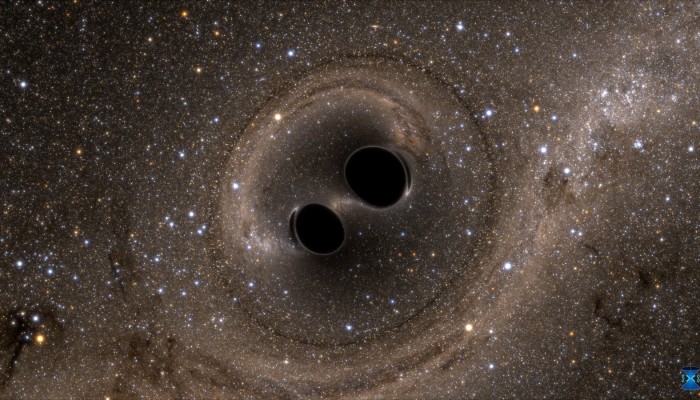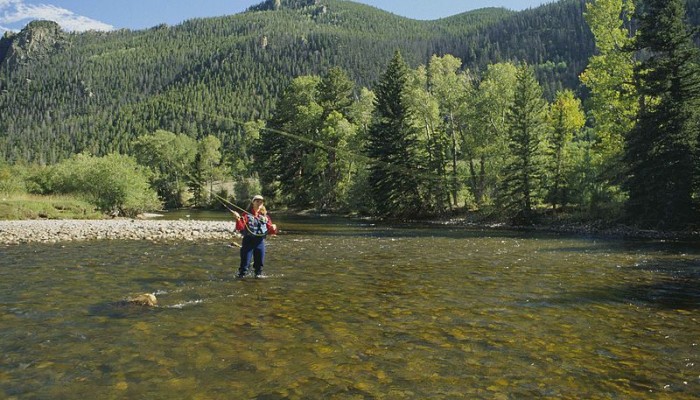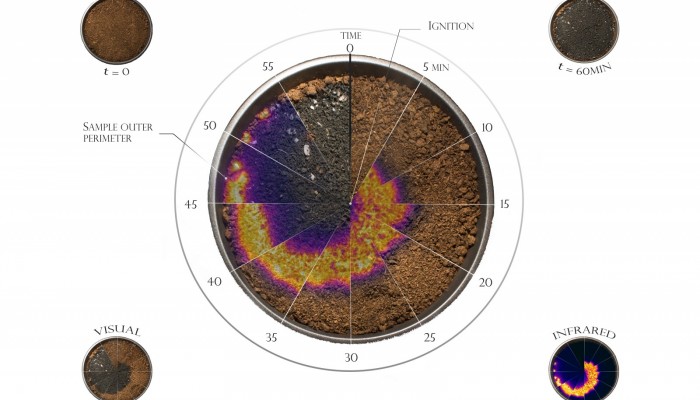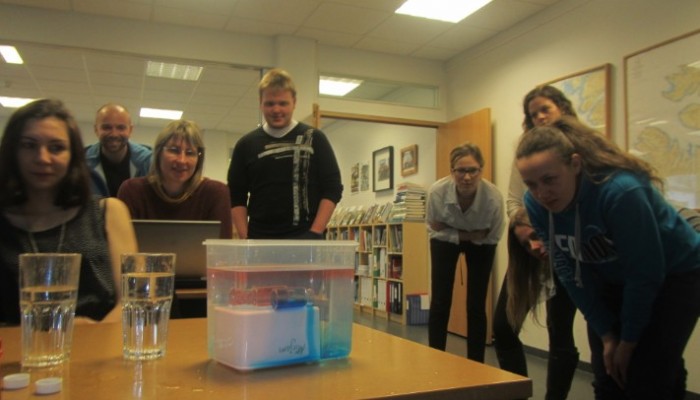In preparation for the laudation of her retiring mentor – Professor Richard Dikau – Katharina Eibisch from the University of Bonn (Germany) thought about some life lessons she learned throughout her first year as a young researcher. – written by Katharina Eibisch, University of Bonn – We as Geomorphologists are not only concerned with the shape of a form but also with its materia ...[Read More]
If you didn't find what you was looking for try searching again.
Geology for Global Development
The Impacts of Climate Change on Global Groundwater Resources (Part 1 of 4)
Christopher Barry is a doctoral researcher at the University of Birmingham. He has written for the GfGD Blog in the past – detailing his contribution to water projects in Burkina Faso and fundraising efforts to support such work. We have recently added a briefing note to our website, written by Christopher, describing the role of climate change on global groundwater resources. You can access ...[Read More]
WaterUnderground
Tracking the Fallout and Fate of Fukushima Iodine-129 in Rain and Groundwater
This post is written by Matt Herod, and reposted here with permission… A recently published paper (by myself and colleagues from uOttawa and Environment Canada) investigates the environmental fate of the long lived radioisotope of iodine, 129I, which was released by the Fukushima-Daichii Nuclear Accident (FDNA). Within 6 days of the FDNA 129I concentrations in Vancouver precipitation increas ...[Read More]
Seismology
Article submission and resubmission
Guest writer Kathrin Spieker is back with her thoughts and experience about how to improve writing skills specifically aimed for publishing in scientific journals. This post is part of a series. Kathrin is a young seismologist who has recently started publishing her own research as part of her PhD study. In a previous post (The publication circle) we had a closer look at the writing process, which ...[Read More]
Seismology
Listen to the … massive black hole merger song!
I bet you were every bit as excited as me about the recent announcement of the detection of gravitational waves at two locations of the Laser Interferometer Gravitational-Wave Observatory LIGO*. These waves were sent out to space-time by the merger of two black holes. Call me a nerd, but after reading the news I soon started wondering: What sort of periods do these waves have? In my imagination, s ...[Read More]
GeoLog
GeoTalk: Fishing meets science with waders and smartphones
Dutch and American researchers have developed waders equipped with temperature sensors that enable fly-fishers to find the best fishing locations while collecting data to help scientists study streams. The research is published today (29 February) in Geoscientific Instrumentation Methods and Data Systems (GI), an open access journal of the European Geosciences Union. In this GeoTalk interview we t ...[Read More]
Seismology
Announcement: Seismology Workshop at EGU General Assembly
Title: The Art of Science Time: Thursday, April 21, 2016; 13:30 – 15:00 Location: EGU conference center, Room -2.61 or -2.85 (in the basement) Description: This is a workshop for professionals wishing to perfect the practical skills needed for a successful research career. In the workshop we will choose topics from the following list: choosing a research portfolio; making a workplan; mentoring an ...[Read More]
GeoLog
Imaggeo on Mondays: Fire Watch Constellation
Wild fires: raging walls of flames, capable of burning down swathes of pristine, sometimes protected and ancient, landscapes have been causing havoc around the globe. Managing and controlling them is no easy task; they can unexpectedly change their course with the wind and jump across rivers, roads and man-made fire breaks. The significant threat they pose, and damage they can cause, to valuable e ...[Read More]
GeoLog
GeoEd: One example of how playing works in outreach activities!
This month’s GeoEd post is brought to you by Dr. Mirjam S. Glessmer. Mirjam, is a physical oceanographer and now works as Coordinator of Teaching Innovation at Hamburg University of Technology. Mirjam blogs about her “Adventures in Teaching and Oceanography” and tweets as @meermini. Get in touch if you are interested in talking about teaching and learning in the geosciences! In my last post, I tal ...[Read More]
Green Tea and Velociraptors
Why I think the Jurassic/Cretaceous boundary is super important
This was originally posted here. Mass extinctions are insanely catastrophic, but important, events that punctuate the history of life on Earth. The Jurassic/Cretaceous boundary, around 145 million years ago, was originally thought of to represent a mass extinction, but has subsequently been ‘down-graded’ to a minor extinction event based on new discoveries. However, compared to other i ...[Read More]


